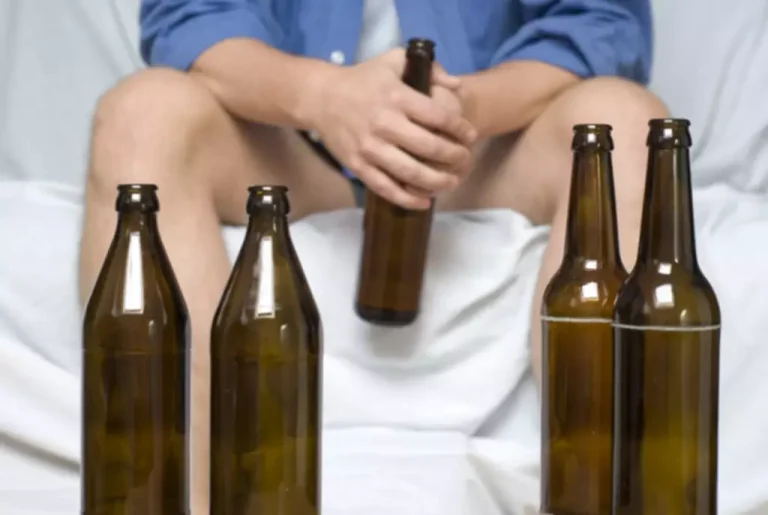Understanding the Abstinence Violation Effect and its Role in Relapse Prevention Treatment in SearchWorks catalog

For people in recovery, a relapse can mean the return to a cycle of active addiction. While relapse doesn’t mean you can’t achieve lasting sobriety, it can be a disheartening setback in your recovery. Addressing the AVE in the context of addiction treatment involves helping people develop Drug rehabilitation healthier coping strategies and challenging negative beliefs that contribute to addiction.
Single Forever: Why More People Choose Solo Living & Thrive (Study Shows)
Contrasting this, the aforementioned negative mindsets can lead to a cycle of blame and shame. Instead of looking at the slip as an opportunity to grow and learn, a person lets it color the way they think about themselves. An individual who believes they’ve failed and violated their sobriety goals may begin to think that they’re not good enough to be considered a true abstainer.

Ark Behavioral Health

There may be an internal conflict between resisting thoughts about drugs and compulsions to use them. There is a possibility that you might rationalize why you might not experience the same consequences if you continue to use. As AVE is a form of all-or-nothing thinking, some may argue that it is a person’s outlook, not abstinence itself, that is harmful.

How The Abstinence Violation Effect Impacts Long-Term Recovery
Upon breaking the self-imposed rule, individuals often experience negative emotions such as guilt, shame, disappointment, and a sense of failure. Cognitive processes may include self-blame, rumination, and heightened self-awareness. These emotional and cognitive reactions intensify the Abstinence Violation Effect, which may lead to a further loss of control and increased vulnerability to subsequent relapses https://ecosoberhouse.com/ or deviations from the established rule.
- Regard Healthcare offers 100% confidential substance abuse assessment and treatment placement tailored to your individual needs.
- This can create a cycle of negative emotions that may lead to further restrictive behaviors, binge eating, or other harmful coping mechanisms.
- Instead of sinking into self-blame, reframe setbacks as temporary obstacles rather than insurmountable failures, and replace blame with self-compassion and understanding.

Realistic—Although I had a setback, I did not lose the gains that I have made in the past months. If you or a loved one is experiencing addiction in Massachusetts, our professional clinicians can the abstinence violation effect refers to help. Maintain a balanced lifestyle by eating healthily, exercising regularly, getting enough sleep, and engaging in activities that bring you happiness and fulfillment.
- As a result, it’s important that those in recovery internalize this difference and establish the proper mental and behavioral framework to avoid relapse and continue moving forward even if lapses occur.
- It sounds counterintuitive, and it is, but it is a common thought that many people have to recognize to avoid relapse.
- Encouragement and understanding from friends, family, or support groups can help individuals overcome the negative emotional aftermath of the AVE.
- A physical relapse occurs when you take your first drug or drink after achieving sobriety.
A person’s guilt is a difficult emotion to carry, one that can constantly replay in their minds, causing them to use substances again to ease their guilt. At Bedrock, we use evidence-based approaches such as cognitive-behavioral therapy (CBT) to help our clients develop coping skills and enhance resilience in the face of setbacks. Identify triggers that may have contributed to the relapse and develop strategies to address them proactively in the future. Additionally, individuals may engage in cognitive distortions or negative self-talk, such as believing that the relapse is evidence of personal weakness.





